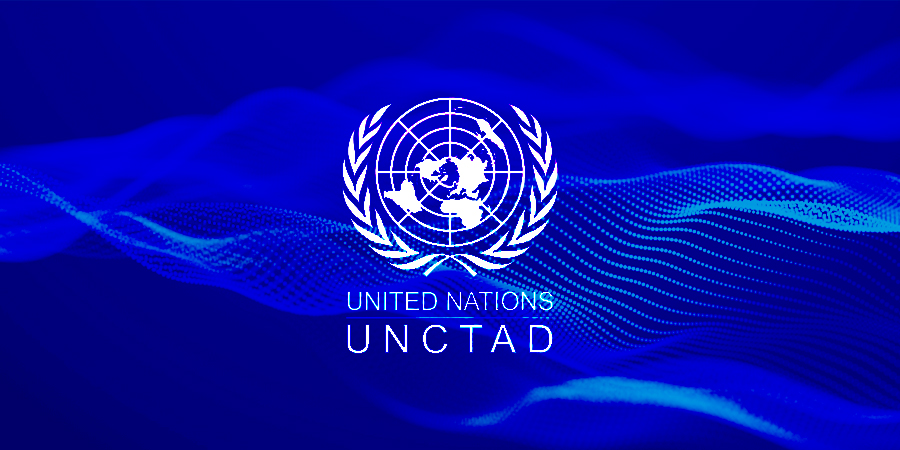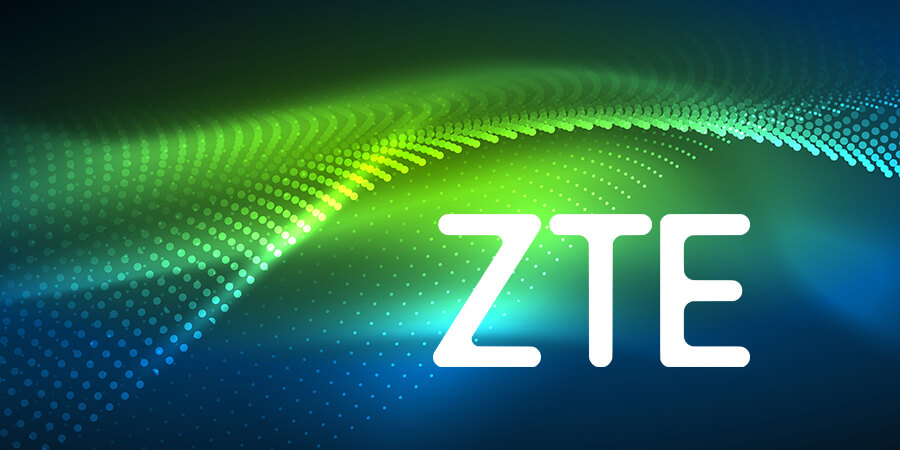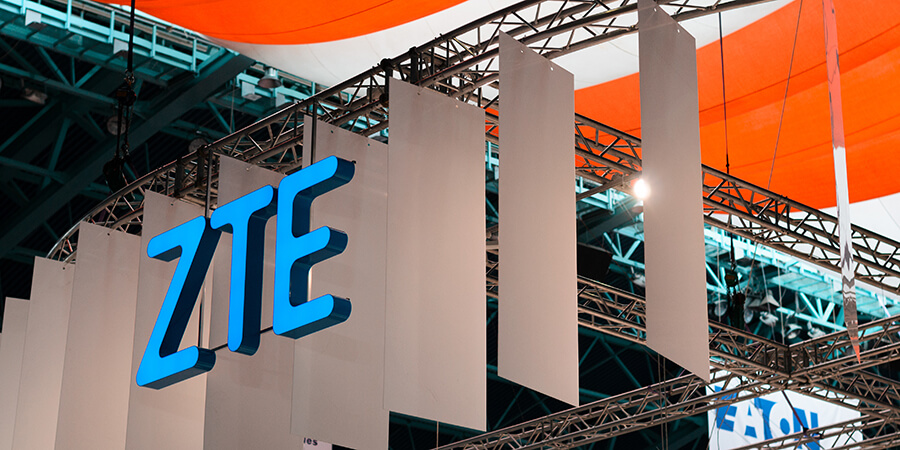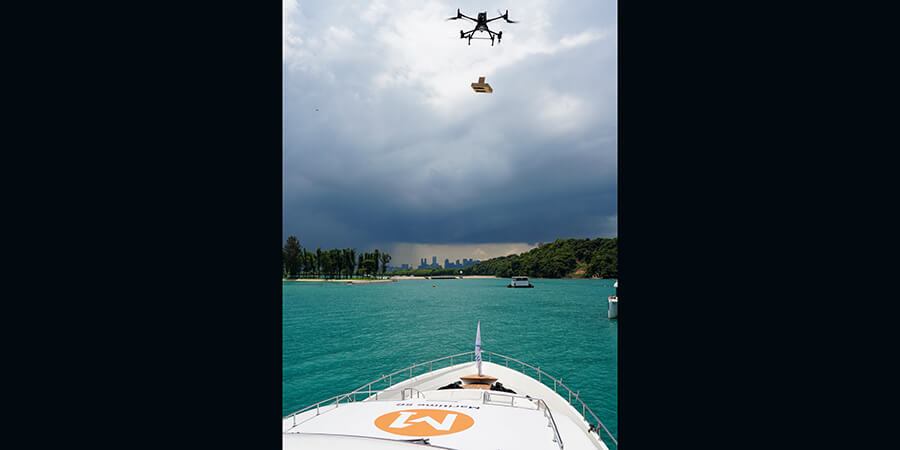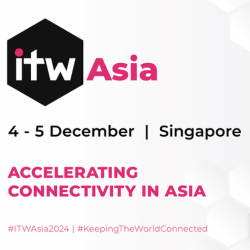The telecom sector plays a crucial role in the economy of the Asia-Pacific (APAC) region, providing critical infrastructure for communication, commerce and social interaction. However, with the increasing digitization of telecom networks, the manufacturing industry has become a prime target for cyberattacks, followed by finance and insurance. According to a recent report, manufacturing accounted for 31% of all cyberattacks in APAC in 2022, making it the most targeted industry in the region for two consecutive years.
Featured Articles
Despite Threat Risks, APAC Consumers Prioritize Convenience Over Data Security
In today's fast-paced world, convenience has become a top priority for many consumers, even at the expense of their own data security. According to a recent study, 79% of consumers in the Asia Pacific (APAC) region are willing to compromise on data security for the sake of convenience.
How IoT Is Propelling 5G in Asia Pacific
The introduction of the fifth-generation (5G) wireless network has resulted in a significant transformation in the way industries throughout the world function. Telecom companies in the Asia-Pacific region are aggressively embracing 5G implementation, spurred on by a host of reasons that promise to change connectivity and open unprecedented possibilities. According to a recent study by International Data Corporation (IDC), one of the world's major market intelligence firms, the integration of Industrial Internet of Things (IoT) applications is a primary factor driving the push for 5G adoption by Asia-Pacific telecom operators.
UN Report Ranks Asian Countries in Frontier Technology
The United Nations Conference on Trade and Development (UNCTAD) has recently released its Frontier Technology Index 2023 report, which emphasizes the chances that green innovation — items and services with lower carbon footprints — offers developing countries to promote economic growth and improve technological capabilities. The report aims to provide policymakers with insights into the technological capabilities of different countries and help them identify areas where they can invest to foster growth and development, especially in green industries.
ZTE Makes Fortune China ESG Influential List Once Again
ZTE has recently been named to the "2023 China ESG Influential List" released by Fortune in recognition of its outstanding efforts in green development, social responsibility and corporate governance. This is the company’s second entry onto the list; it previously made it in 2022.
Telecom Billing for Asian Market Expected to Grow Significantly by 2027
The telecommunications industry in Asia has been rapidly expanding in recent years. With the rise of 5G, the Internet of Things (IoT) and other advanced technologies, the demand for telecom services has been growing exponentially. As a result, the telecom billing market in Asia is expected to reach new heights in the coming years.
IPMA and ZTE Sign MoU at Advance Project Management in the Digital Era
ZTE has signed a memorandum of understanding (MoU) with the International Project Management Association (IPMA), a globally renowned organization in the field of project management. Both parties will engage in extensive collaboration in areas such as project management standard research, best practices in project management and professional talent training. Their aim is to jointly create new value for project management in the digital era on a global scale.
The Evolving Internet Landscape in the Philippines
As the nation continues to embrace digitalization and connection, the Philippines' online environment has seen considerable changes recently. World Bank data show that in 2020, almost 50% of the population used the internet, which, compared to the lead-up years, represents a continually increasing internet usage rate in the Philippines.
Who Will Be the Provider of Malaysia’s Second 5G Network?
Malaysia will be shifting from its existing single wholesale network model to embracing a dual 5G network to address industry concerns of unfair pricing and lack of transparency under the state-controlled Digital Nasional Berhad (DNB), a special purpose vehicle established by the government to deploy and manage the country’s 5G network.
M1 Unveils 5G SA Solution-in-a-Box for Maritime Use Cases
M1 has launched Southeast Asia’s first 5G standalone-powered solution-in-a-box suite to enhance 5G adoption and deployment in Singapore’s maritime industry. This offering is aligned with M1’s role as a tech enabler to enhance digital transformation while at the same time building scalable solutions to generate new revenue streams as Singapore becomes the first country to reach full maritime 5G SA coverage in 2025.





